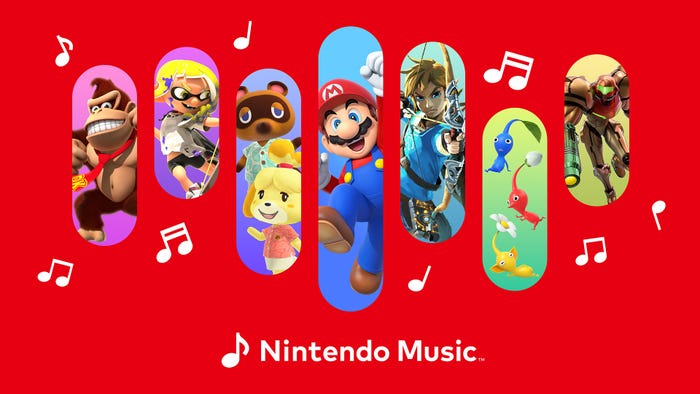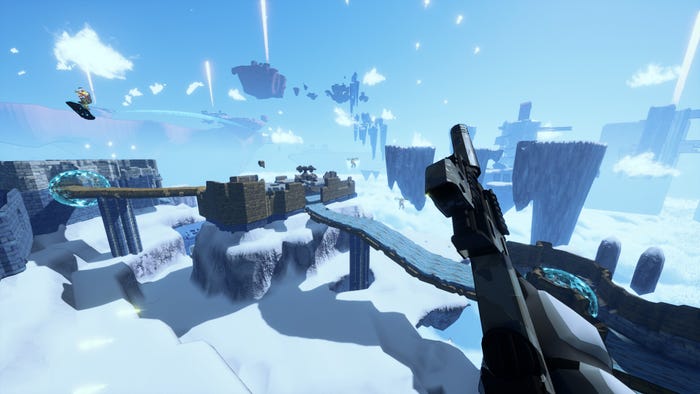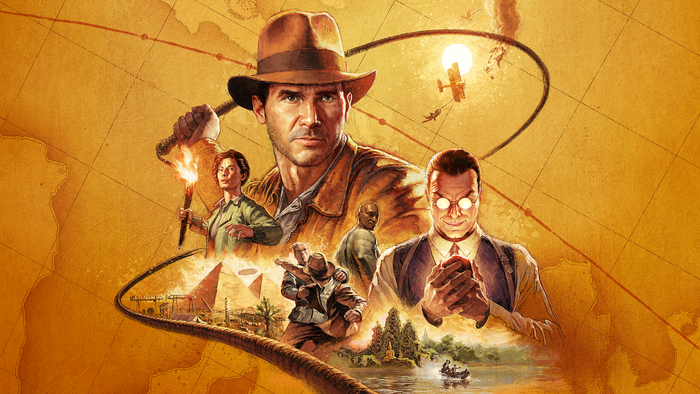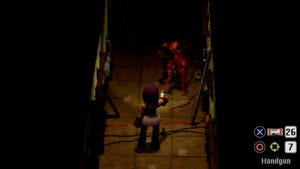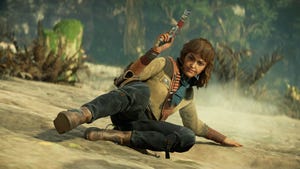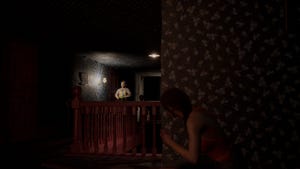Large scope "necessary" for CRPGs, says Rogue Trader creative director
Warhammer 40,000: Rogue Trader creative director Alexander Mishulin explains how Owlcat Games adapted the tabletop experience to a 100-hour CRPG.
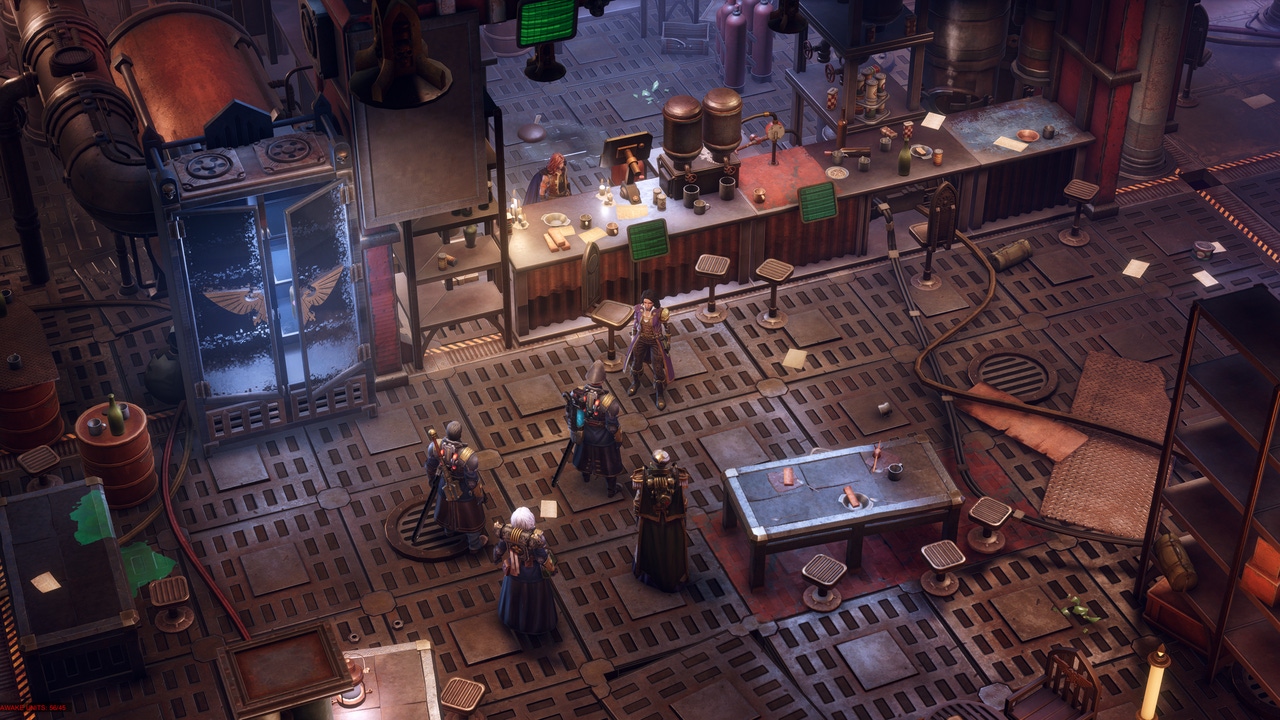
The Warhammer 40K franchise from Games Workshop has seen several video games that capture the grim action, expansive lore, and tactical elements of the tabletop miniature wargame experience. The universe of Warhammer 40K is a rich and intriguingly dark sci-fi setting that's a compelling fit for gaming, yet surprisingly, it has been left unexplored for role-playing video games.
That changes with Warhammer 40K: Rogue Trader from Owlcat Games, the CRPG developer behind Pathfinder: Kingmaker and its sequel Wrath of the Righteous. Adapting Fantasy Flight Games' tabletop RPG of the same name, Warhammer 40K's first CRPG adapts the vast scope of the dark universe into an adventure filled with choice-driven events, with plenty of weighty consequences to your actions that games of the genre shine in.
With the massive scope of so many CRPGs, and Larian Studios' Baldur's Gate 3 marking a significant milestone for the genre, we spoke with Rogue Trader creative director Alexander Mishulin about the current state of CRPGs as they go through change, why going big for its 100-hour adventure was vital.
The first Warhammer 40K CRPG is built off of tabletop game mechanics
The universe of Warhammer 40K is an incredibly dark and nihilistic setting – so much so that it inspired the catchall phrase "grimdark" for describing bleak fantasy settings. Setting a role-playing video game within this universe, where morality is a thing of the past and death is a regular occurrence, is a compelling hook for a CRPG.
While Space Marines, Orks, and the Necrons are among the franchise's most recognizable groups, the faction of the Rogue Traders is the focus of this new CRPG, representing a pathway to an open-ended approach to exploring this grim universe.
Inspired by the Rogue Trader tabletop role-playing game, Owlcat Games' entry focuses on the exploits of the titular Rogue Trader faction, made up of mercenaries and traders who can roam the galaxy with a level of freedom that other factions don't possess.
Players will chart a course to the Koronus Expanse, where their party will run afoul of different factions and noble houses as they cut deals to secure a foothold in this corner of the galaxy—leading to pivotal choices that will tip the balance of power within the galactic Imperium. During our interview with Mishulin, he spoke about the rapid growth that the CRPG genre has seen in recent years following the successes of their Pathfinder games, along with other noteworthy hits like Divinity Original Sin 2 and Baldur's Gate 3—which Mishulin gave credit to for expanding the genre.

When coming up with the gameplay and goals for Warhammer 40K: Rogue Trader, the developers at Owlcat Games took careful consideration when adapting the source material from the tabletop RPG, which uses miniature figures along with pen-and-paper character sheets to chart adventures. They also wanted to blend it with the choice-driven gameplay and sprawling scope of a CRPG like Pathfinder: Kingmaker or, most recently, Baldur's Gate 3.
"For this game, we were inspired by the Rogue Trader tabletop RPG by Fantasy Flight Games, and our core team has played it for many years while working on the Pathfinder games," said Mishulin. "We approached Games Workshop with our idea and started work after Pathfinder.
"So it's based on that 2009 tabletop game, carrying over similar skills and systems, but it's modified with our own rules that we have used for recent games. Strictly tabletop rules and progression in a 100-hour CRPG can be rather flat, so we created a modified Rogue Trader ruleset for this CRPG to show [character growth] and the different strategic abilities for your party."
According to Mushlin, Owlcat's intent was to take liberties as needed with the original ruleset to interpret them into familiar turn-based combat mechanics that players of CRPG games can immerse themselves in. The developer's end goal was to capture the tactical nature of the tabletop experience with the complex storytelling and character growth seen in CRPGs.
Warhammer 40,000: Rogue Trader will be a massive game
With Warhammer 40: Rogue Trader, Owlcat is shooting for a massive game that can take up to 50 to 100 hours to complete — depending on the player's pace and choices. Along with the choice-driven gameplay and managing a large party of unique characters with their own ideals and needs, one of the hallmarks of a CRPG is the sprawling scope of its adventure and how much there is to see.
Warhammer 40K: Rogue Trader's universe and its characters are naturally in a state of moral ambiguity, and the tone of the story and battles play this element. One feature of Rogue Trader is the Convictions system, which is based on a narrative and gameplay mainstay of the 40K franchise where characters always risk straying from their chosen path.
Similar to the morality system, your choices will send you on a particular journey—maintaining loyalty to Mankind, embracing the dark arts of Heresy, or venturing into the chaotic evil path of the Chaos realm.
According to the creative director, the Convictions system was added to the game after realizing that it needed to reflect choice and actions in a more pronounced way. He explained further that building a CRPG with the scope and amount of variation that Rogue Trader has was initially daunting, but it was a necessary addition in order to stay true to the grim and morally conflicted nature of the Warhammer 40K universe.
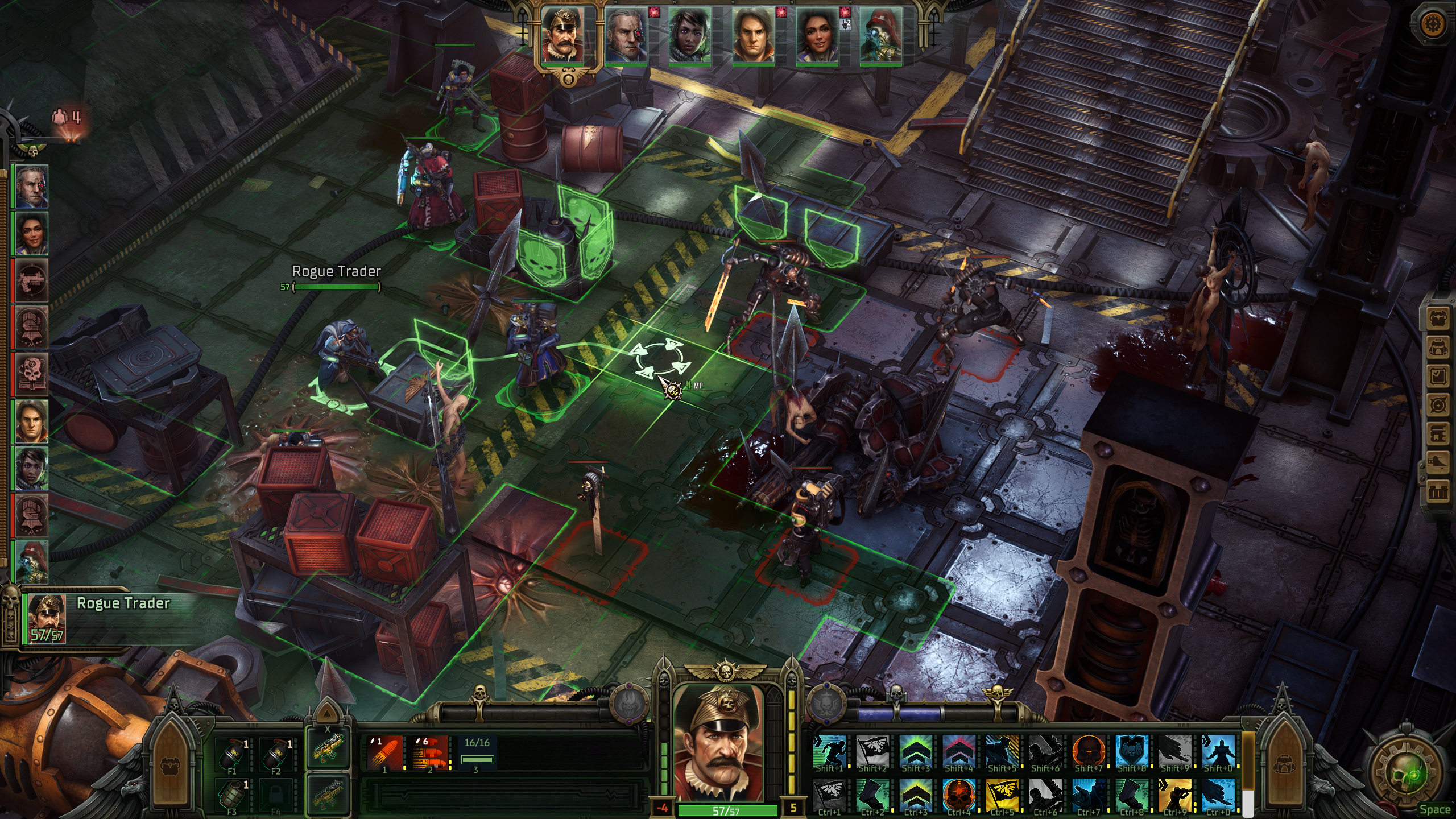
"There are plenty of games that can immerse you and allow you to experience the goals and choices that we see in this genre without having to play 100 hours, but to get the most out of a CRPG, you would need to immerse yourself, and work with all the choices and consequences—[to] be in that world for an extended period," said Mushlin. "We see building games of this scope as necessary for us and the genre. For Pathfinder and now Warhammer, as we're working on it, we kind of couldn't stop with new ideas, and it's hard to pass up making new things for the game."
"Of course, we do make cuts as needed to keep our schedule, but we still want to provide different experiences for our games," he continued. "For example, we decided that we had to expand our scope by having more different worldviews and paths that you can pursue [speaking of the Conviction System that can alter loyalties and growth paths], such as choosing the path of Heresy and the path of Chaos, which can change so much for the story. Having this dark element is a part of the DNA of Warhammer 40K to ride the line of corruption. It was important for us to go bigger with this game."
The CRPG genre has seen a significant resurgence in recent years, thanks to games that have focused on compelling and diverse stories and events to uncover. With the large wake that Baldur's Gate 3 has left, developers are looking for where they could take the genre next.
The pairing of Warhammer 40K and the CRPG sub-genre is an appropriate fit, though it does illustrate that for these games to be a success, their creators need to produce a massive amount of content to make good on their role-playing ambitions.
Read more about:
FeaturesAbout the Author
You May Also Like


